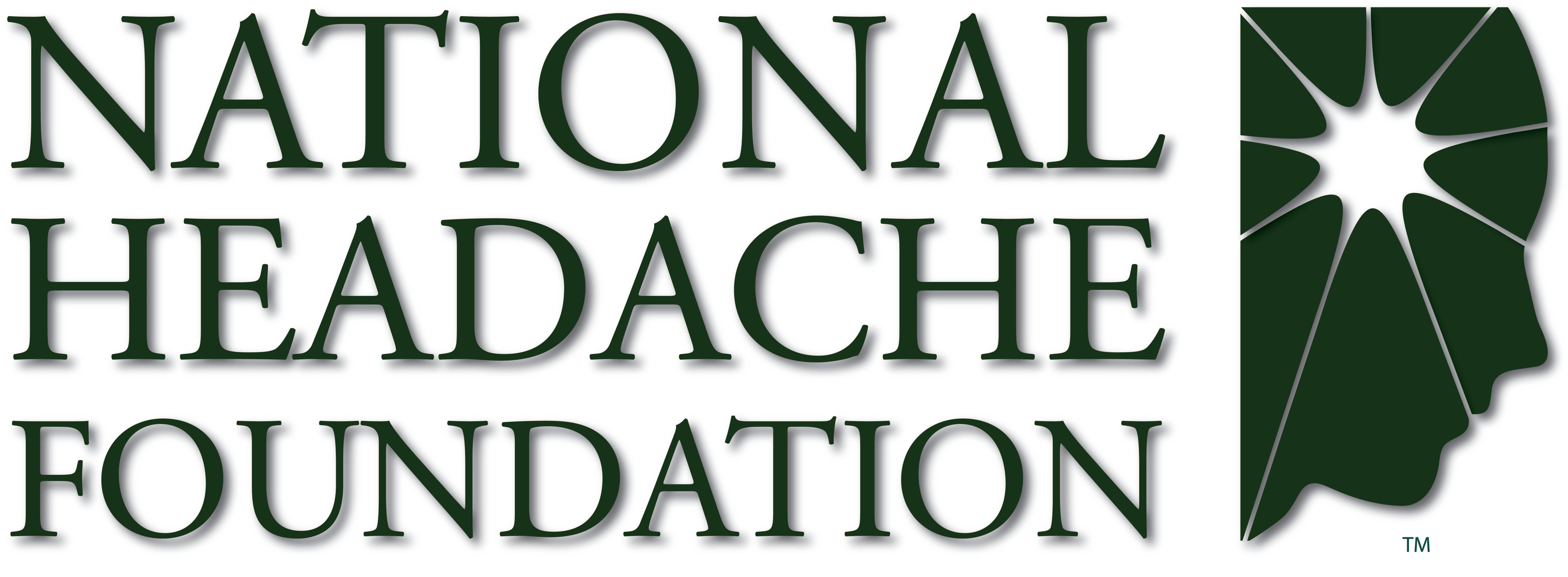
Researching Posttraumatic Headache With Cranial Neuralgias: Paul G. Mathew, MD, DNBPAS, FAAN, FAHS

The assistant professor of neurology at Harvard Medical School discussed the motivation behind uncovering more about painful cranial neuralgias and their association with posttraumatic headache.
"Migraine is like a sensitive car alarm. Patients developing occipital neuralgia and some of these other painful cranial neuralgias is like a small child coming and kicking the wheels of this car, setting the alarm system off more frequently."
Authors Paul G. Mathew, MD, DNBPAS, FAAN, FAHS, and Wade Cooper, DO, recently published a retrospective report of 2 cases of posttraumatic headache with associated painful cranial neuralgias to further build upon previous literature about the conditions. One patient was diagnosed with auriculotemporal neuralgia, which was exquisitely responsive to an auriculotemporal nerve block, while the second patient was diagnosed with supratrochlear neuralgia, which was effectively treated with a supratrochlear nerve block.
The duo concluded that while painful cranial neuralgias frequently occur within the clinical spectrum of posttraumatic headache, they are often undiagnosed. These cranial neuralgias have features including lancinating pain in the distribution of the affected nerve, pain with palpation of the nerve’s superficial elements, and/or the presence of Tinel’s signs. In addition to the uniqueness in presentation, they are treated quite differently than the tactics traditionally employed for posttraumatic headache without cranial neuralgias.
Mathew, assistant professor of neurology, Harvard Medical School, sat down with NeurologyLive to detail the importance of conducting research on this subtype of headache and why communication with a patient is key to understanding where the pain is located and how to go about treating it.
Newsletter
Keep your finger on the pulse of neurology—subscribe to NeurologyLive for expert interviews, new data, and breakthrough treatment updates.










